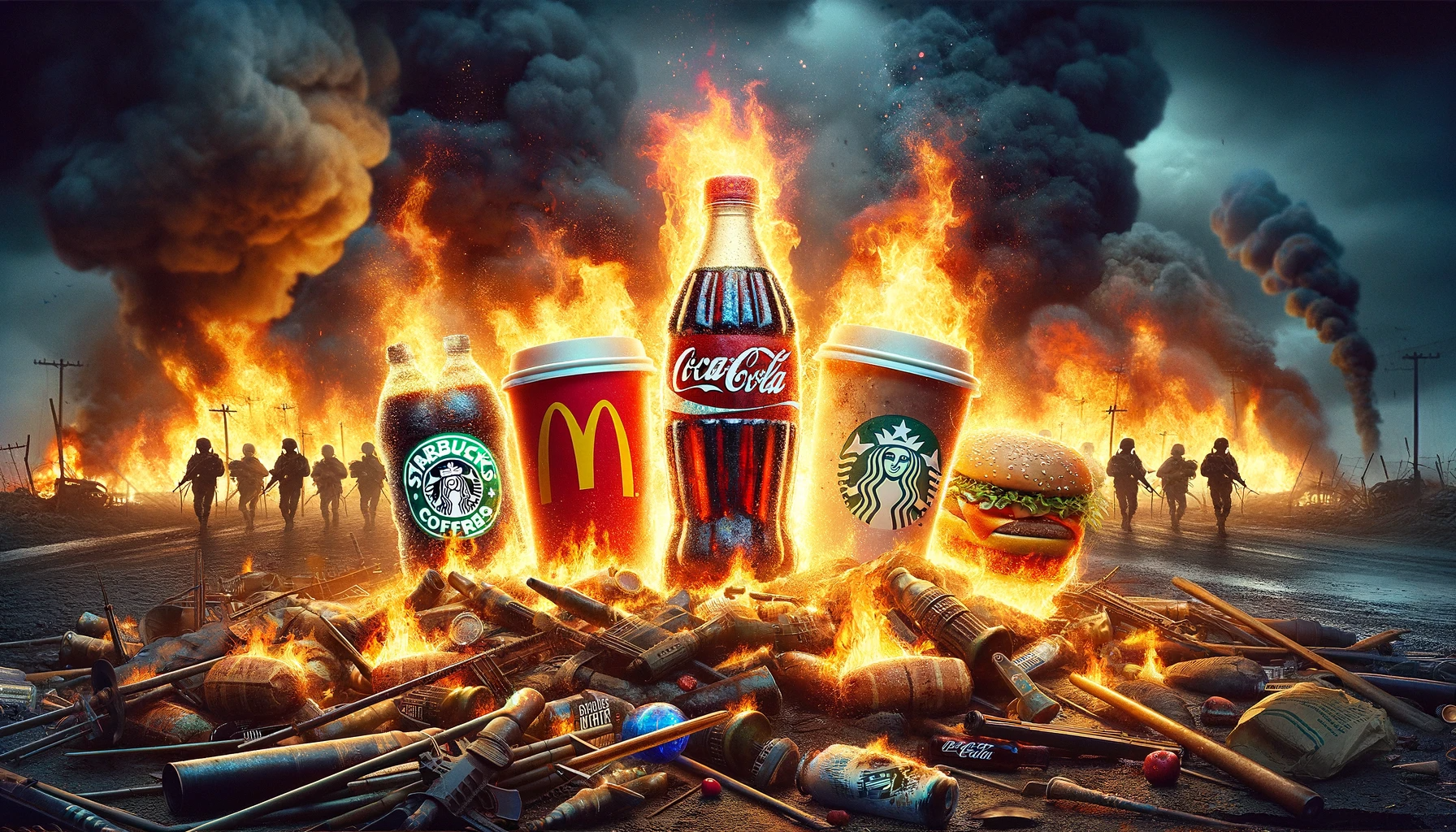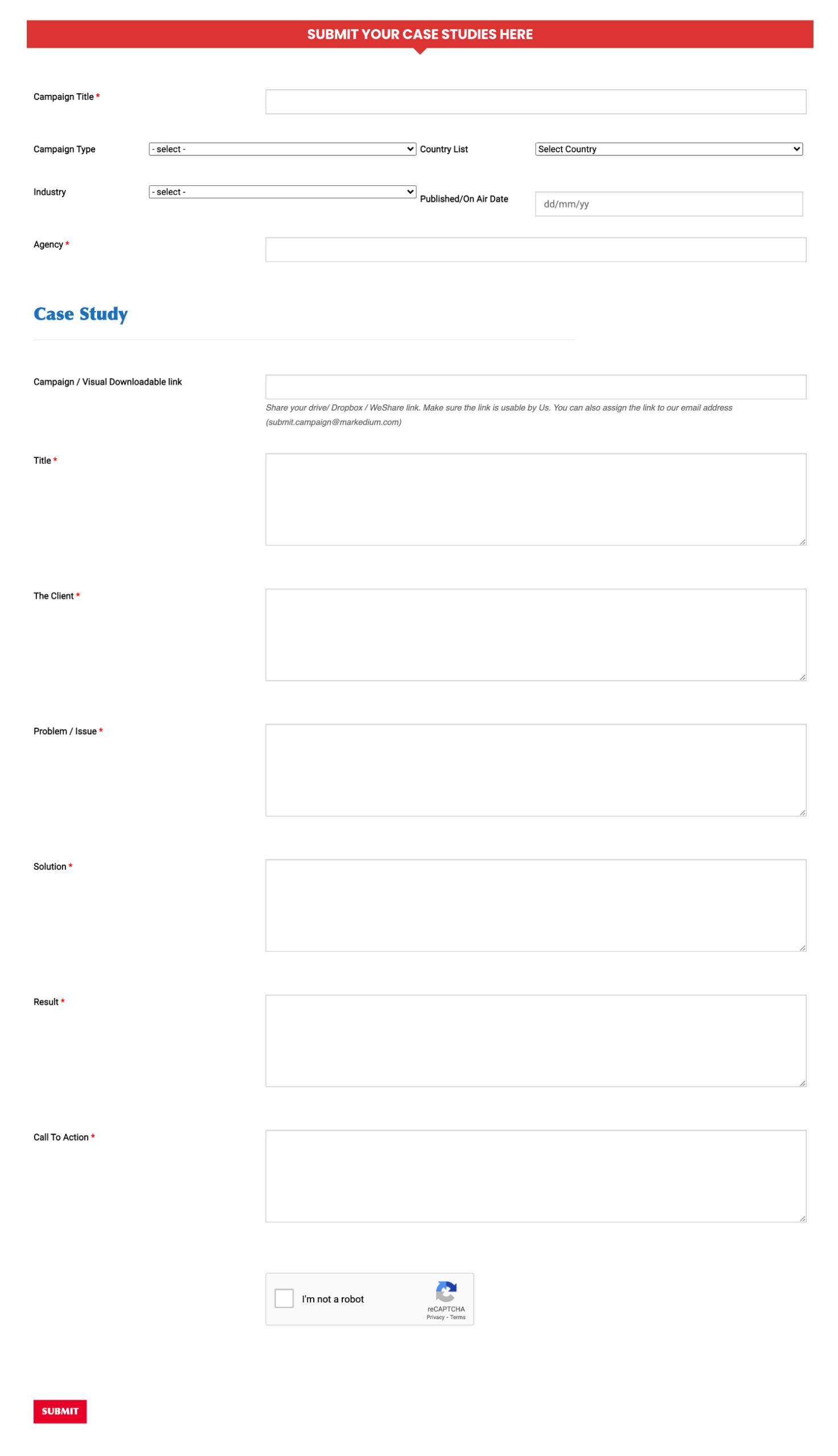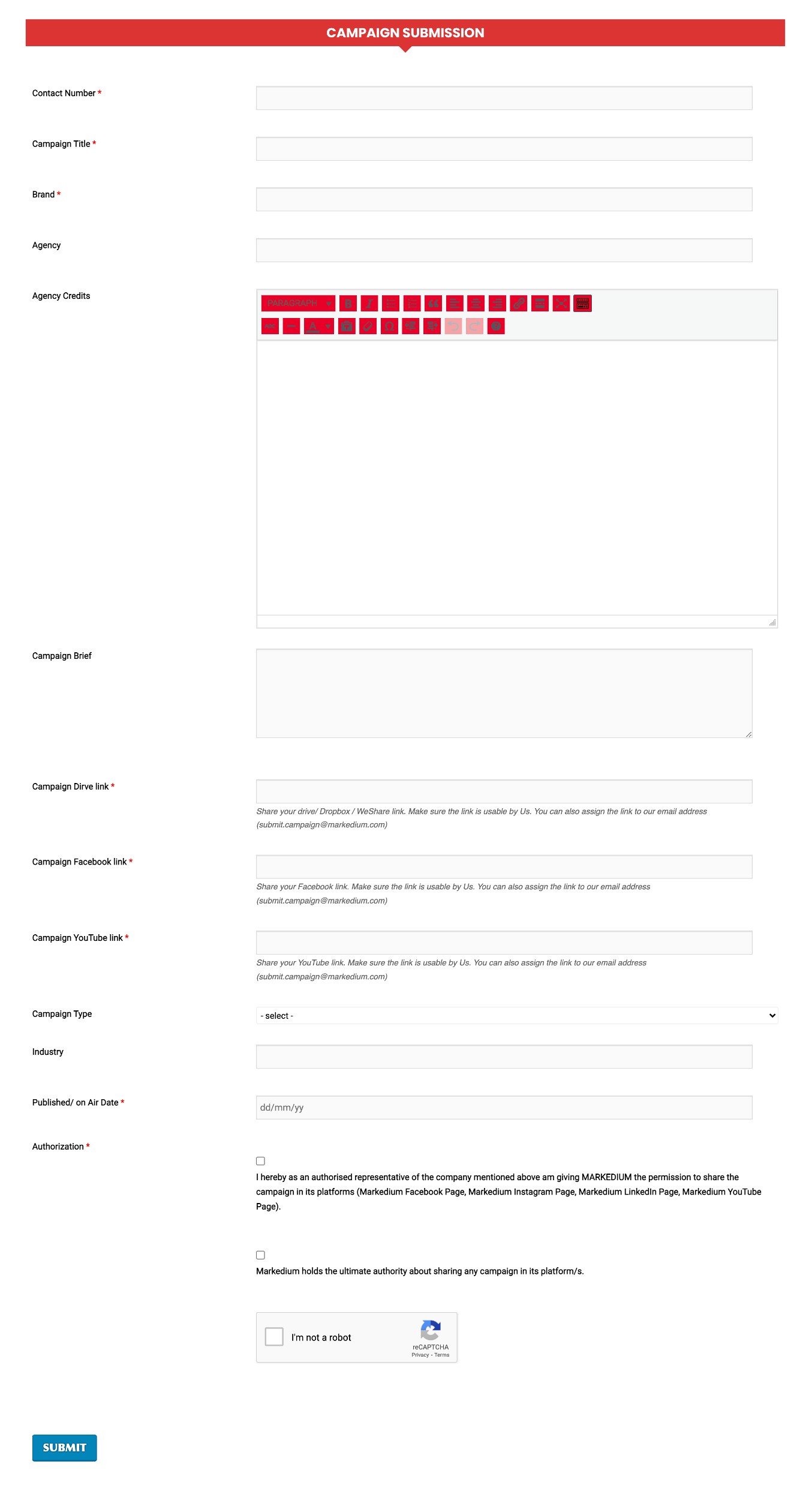
In an interconnected world, global brands are increasingly vulnerable to the repercussions of geopolitical conflicts. The fallout from such situations often manifests in consumer backlash, boycotts, and a challenging reevaluation of corporate strategies.
This article delves into data-driven insights, illustrating how major brands like McDonald’s, Starbucks, and Coca-Cola have grappled with the complexities of maintaining brand integrity amidst global conflicts.
The Gaza War: A Snapshot of Consumer Response
During the Gaza war, Western brands encountered significant boycotts in Arab countries due to perceived affiliations or stances. For instance:
- McDonald’s in Egypt: McDonald’s in Egypt reported a sales drop of at least 70% for October and November compared to the previous year. Similarly, a supplier to Starbucks and McDonald’s in Egypt noticed a slowdown of about 50% in demand from these clients.
- Consumer Shift: Shoppers in Egypt and Jordan shifted en masse to local alternatives, impacting Western fast-food chains.
- Geographic Spread: This movement extended to other countries like Kuwait, Morocco, and even outside the Arab world in Malaysia, where McDonald’s reported approximately 20% fewer customers
Furthermore, Turkey’s parliament reportedly removed Coca-Cola and Nestle products from its restaurants over their alleged support for Israel’s war effort. In October, Nestle temporarily shut down one of its production plants in Israel as a precaution, becoming the first consumer products giant to respond to the war.
In October, Nestle said it temporarily shut down one of its production plants in Israel as a “precaution”, becoming the first consumer products giant to announce a response to the war.
In Bangladesh, several restaurants have boycotted Coke and Pepsi. This movement also sparked a conversation about the latest Coke Studio Bangla concert., leading to a social media trend of boycotting the event.
Coca-Cola’s Russia Dilemma: Consumer Backlash Metrics
Coca-Cola’s decision to continue operations in Russia during the Ukraine invasion sparked widespread calls for boycotts:
- Ukrainian Supermarket Chains: Three major chains removed Coca-Cola products from their shelves.
- Social Media Trend: #BoycottCocaCola became the top trending Twitter topic in the U.S. following the company’s decision.
- Contrast in Stances: Coca-Cola’s passive response in Russia starkly contrasted with its active political stance in the U.S., highlighting inconsistencies in brand positioning.
The boycott campaign was so brutal that Coca-Cola and PepsiCo — two of the biggest beverage producers on the globe — were forced to join the move of suspending business in Russia in March 2022 in the wake of that nation’s invasion of Ukraine.
The Broader Business Impact of War
The broader implications of the war on business are significant. Wars disrupt the interdependency between nations, leading to restricted access to markets and raw materials, which can have a cascading effect on global supply chains. This disruption affects not only the companies directly involved but also ancillary industries like transportation, manufacturing, and services.
In the case of the Russia-Ukraine conflict, several established brands withdrew their operations from Russia, presenting challenges to the economies of the involved countries. The impact of war on businesses and economies is multifaceted, leading to unemployment, inflation, and social problems.
Read more: Mastercard Recognizes Excellence in Financial Services at Prestigious Awards Ceremony
Moreover, the way brands respond to backlashes can either mitigate or exacerbate the situation. For instance, the Bud Light saga, which faced major backlash, shows how a mismanaged PR campaign can significantly harm a brand. This campaign was criticized for alienating various customer segments in the US. In contrast, Costa Coffee’s response to backlash over a mural is an example of a brand successfully standing by its message and concept, demonstrating the importance of authenticity and well-considered output in brand communication.
Wars disrupt the interdependency between nations, leading to significant business impacts:
- Supply Chain Disruptions: Restrictions on raw materials and market access can affect profits, production volumes, and overall business operations.
- Global Market Dependency: Most countries depend heavily on international trade, making them vulnerable to conflicts in other regions.
For example, BP’s decision to exit its 19.75% stake in Russian state-controlled oil company Rosneft exemplifies the economic sacrifices companies make in response to conflict:
- Financial Loss: BP faced a potential $25 billion loss due to this withdrawal, highlighting the economic stakes involved in ethical decision-making.
The Tightrope Walk of Global Brands
The challenges faced by McDonald’s, Starbucks, and Coca-Cola demonstrate a common theme: global brands must navigate the delicate balance between business operations and ethical considerations in conflict zones. Consumer sentiment, amplified by social media and grassroots movements, plays a crucial role in shaping brand perception.
As geopolitical tensions continue to evolve, global brands will increasingly need to align their actions with both consumer values and broader ethical considerations, ensuring their survival and integrity in a volatile world.
For more updates, be with Markedium.


